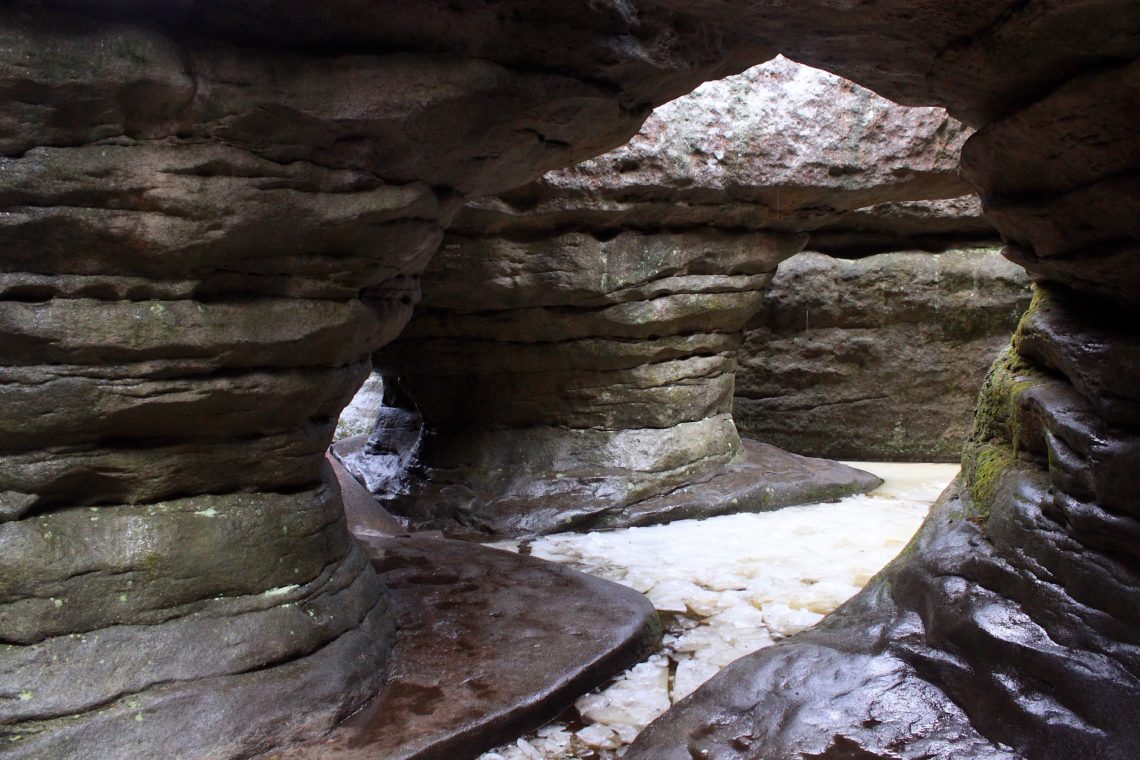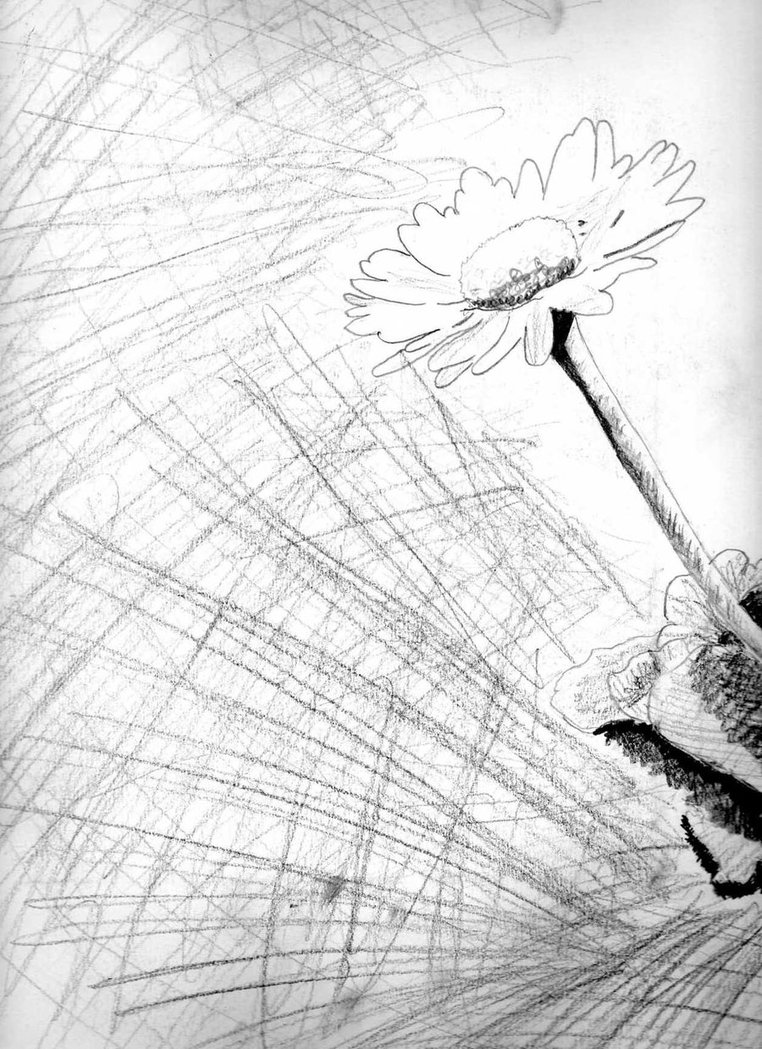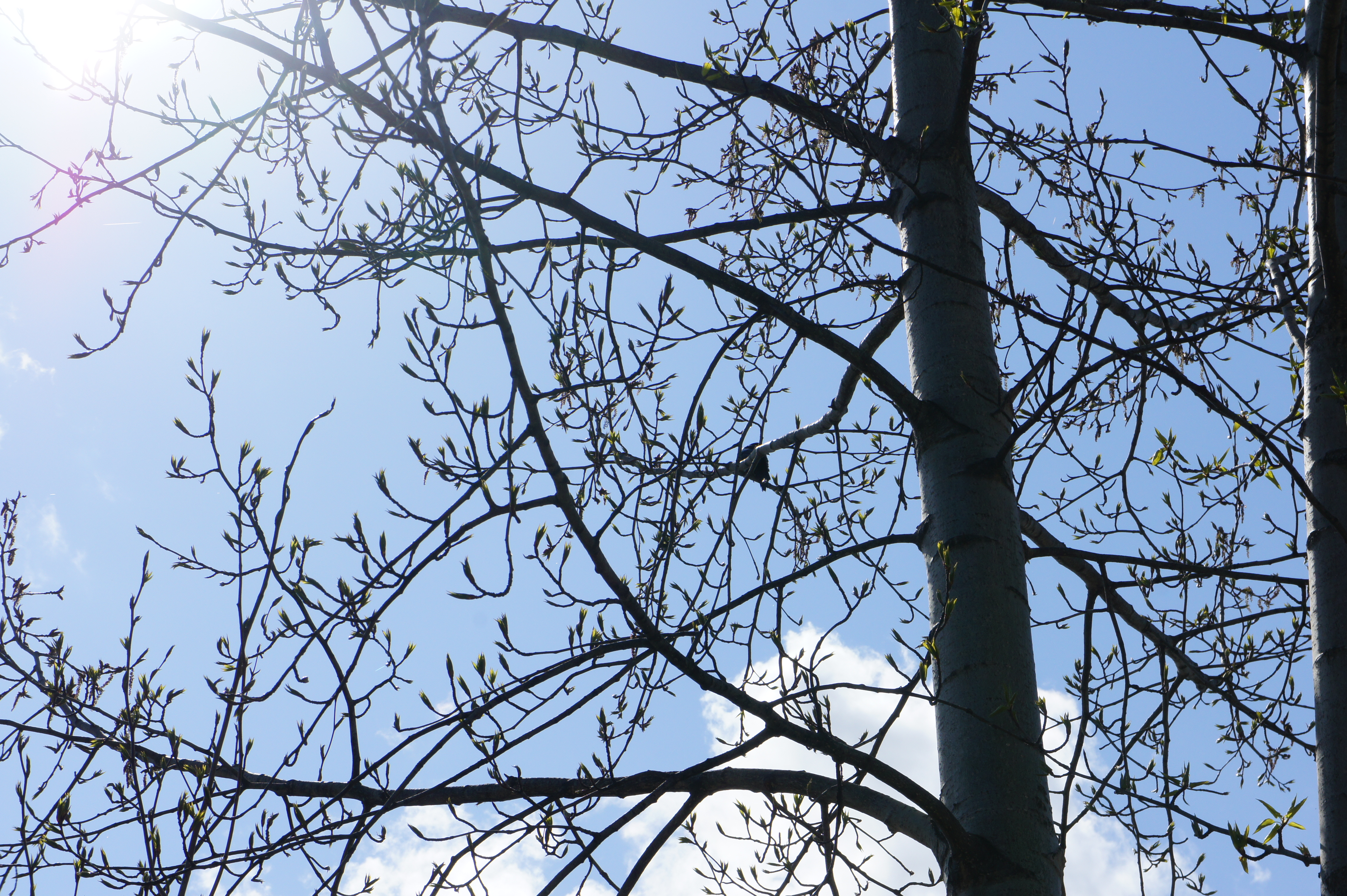By Laura Ditto
I never dreamed of this fate in my youth, though I feel I could have expected it. I was never like the other children. Born unto royalty, but never treated as if that meant something.
“That thing,” my family called me, and I grew used to it—along with disdainful looks, lonely days, and familial neglect. I can remember the aging hours that would pass in lonely silence as I puttered about my rooms, separated from most of the hustle and bustle of the castle. It was nice, yes, the tapestries on the walls, comfortable bed, and divine meals. But that did not help what was done.
Late one night, my mother arrived at my room with a dark palla covering her head, unusual for her in many ways. She was crying before she even entered my bedroom, though the only sign of it was the loud sniffling. As I remember her, she was beautiful, but that was many years ago, and I never saw her again after that night. She rushed me from my bed and had me dress in my chiton.
“Mino, we must go.” She spoke my nickname softly, ever the gentle persuader. “Your father has made arrangements for you,” she said, holding her hands out for me. I was young—too young—and naïve, and so I went to her. She gave me a cloth covering and secured it around my head before taking hold of my hand and ushering me from that space, an urgency to her step.
“But where are we going?” I remember asking.
“To the ships; you are traveling tonight,” she murmured, her smooth voice breaking once before resuming its usual regality. Now I know the aching behind that statement, but at the time I was only excited to leave the confinement of my space and see something new.
The streets of Crete were quiet, as everyone was shut up in their homes. It seemed odd to be out so late, but my excitement eluded me, and I simply went on with my mother by my side. Her sniffles became louder the closer we were to the ships, but they were immediately of no concern once a cloth blinded my sight and several large hands grabbed hold of me from all around.
Startled and confused, I let out a cry, and another, and another. The cool night air became ice on my skin as I was separated from all that was familiar, and the soft weeping of my mother vanished like smoke in the wind. As I understand it, I was brought to one of those horrible ships, soon forgotten to the shouts of men as the floor under me began to shake and roll with reckless abandon. Tied up, cold, and more afraid than ever, I did not like “travelling” one bit.
The sun rose at some point, and despite the water’s spray, it felt warm—not that it subsided any of the terror within me. Time passed so slowly. I could hear conversations, vague mentions of me, but mostly ambling words spoken in hushed voices as if to keep me from hearing. I don’t remember those days so clearly anymore, but I do recall my relief when I was finally placed back on solid ground. I assumed it must have been night, as it was cold and dark, but by the time I had been untied and managed to pull the heavy fabric from my face, I found I was alone and entombed. Whispering noises of footsteps grew softer, even as I tried to follow. The walls around me blocked out all the light, and I could do very little except wander through that endless maze.
Hours turned to days, and days to weeks—or so I assumed. Time is hard to grasp in the dark. I was left to eat anything I could hold onto for long enough. Blindly, I felt my way through the labyrinth, running a hand along the cold walls. The endless stone paths echoed the sounds of my feet and breathing. I couldn’t tell if I was going in circles or retracing my steps. I couldn’t see my hand in front of my eyes. Nothing seemed to be everything, and everything seemed to be lost.
Several times, I found myself crawling along the ground, bones aching, too weak to continue. I would thrash against the walls in hopes of getting out, but my sore arms would do no damage to the barrier. The heavy stone stood in my way, taunting me, and never moved. Eventually I succumbed to the idea that I would live and die there for whatever small span of my life remained.
I thought many times about my mother and father, wondering how they could have done this—to their son, no less. Such a cruel fate they pressed upon me.
For many days, it seemed that the cold dark air would soon collapse on me, and so it felt much like a mirage when I looked up to see the stone wall in front of me. Perhaps that does not seem so grand a thing, but I could see it! The stone was roughly cut, a sandy gray color. It stood before me so clearly. With a newfound spring to my step, I followed that light. The dark corridors became bright, and they turned onto a dirt path that sparkled before me like divine nectar. I had not been going in circles after all.
I collapsed upon the earth, this time not in vain but in desperate success. The sun was like a pair of wings to my soul and the green grass around me became my bed as I soaked in the world. I could hear birds calling out their names. Wind embraced me as a friend. I slept for days in those sweet grasses as my aches and pains became dull and faded. It was a long time before I heaved myself upwards and left the entrance of that labyrinth to stumble forth into the fields and trees around me.
My soul felt lighter than it had in a long while as I moved down the path. The world was living around me and I was there, alive within it. I found fruit in the trees that fed my wounded body. A spring of water appeared before me as sweet as Aphrodite herself. I did not move on from those groves for many days, fearing that it was all some dream.
When I finally found the strength to move on from what seemed like my personal Elysium, I made my way to a beach covered in soft round stones, smooth against my calloused feet. I stayed high on the shore and trekked around that land as far as I could go, hoping for some sign of a savior, but found endless rolling waters instead. I walked for more than a day above the tide line, watching the water rise to meet my feet before meandering away. It wasn’t long before I found that I was on an island, not another beach in sight.
Lonely days passed, and the rain rolled in, but soon enough it was gone again, and time loomed on without end. Vines grew up the walls up the labyrinth, and I explored some of the tunnels once again, always with a torch and marking my way, wary of the depths.
It must have been months before I saw a ship on the water, white sails billowing. At first, I thought that I was saved, but soon recalled memories of the people on the boat before. I hid myself within the labyrinth.
The men came, invading the maze. But while they knew nothing of it, I had learned every twist. I met some of them along their path, their knees knocking together as they muttered about a beast. Some ran when they saw me, some held their ground or would lash out. I was left with no option but to fight back and flee. For the following days, if I ever went near the maze, I would hear wails or shouting. I could not bear to enter until it was quiet again.
I counted the days going by until they stopped mattering. Across the seasons, sometimes a ship would appear, filled with men, all looking for some foul creature.
Somewhere along the road I realized it was me.
Some men would come to fight, others would flee. Regardless, none took the time to listen, and the more I grew, the more the men would shake their fists, or stare with wide eyes. Not one of them would take the time to say, “Come home. We know the way back.” Instead, they brandished weapons and shouted.
What could I do but lose myself? I was a toy on that island. A thing to be marveled at. A pest to be fed and forgotten. I loathed those days and the bodies I buried on my island.
No one is born a monster. As the years went, I prepared myself for their arrival. I would hide myself within my labyrinth, ready to fight them off. The ships came to shore just before the turning of spring. As the flowers blossomed, those terrible men wandered into my halls. In return, I had to slay them. Whether they got lost within the labyrinth to decay, or if I had to be the one to kill them, they left me no choice when they brandished loud words and heavy fists. The men that came became harsher, and I followed suite—until Theseus. He is a hero in my story too.
That spring when I thought myself done for the year, Theseus came striding into my halls, a torch in one hand and string in the other, brandishing no weapon. The torch light flickered off his sweaty brow, his stern face looking much like my father’s, though Theseus’ expression was softer. I made ready to attack but was stopped by a single word.
“Mino?” He spoke that which I had only heard from my mother’s lips. He seemed calm and without anger, unlike the many others who came before him. I stepped forward, though his feet stayed planted. “Your mother sent me. I’m not here to kill you,” he spoke.
“She hates me,” I snarled. I had decided that long ago.
“No.” He shook his head.
I bellowed out a roar; who was he to tell me such things?
“She wanted to know that you lived. She sent me,” he said.
She still thought of me.
Theseus’ demeanor was as steady as his voice—perhaps that is why I didn’t kill him right there. Or perhaps I knew he was telling the truth. “If I return, no one will come here again. You can live in peace,” he offered.
Solitude without interruption. I would never have to kill another man.
Theseus never hurt me, though people say that I was slain. Instead, he told me tales of the many people he saved from folly. He mentioned Crete, my old home, and how he was to become king someday. We were brothers, in an odd sort of way, and even after the terrible stories he heard of me, he treated me as such. Theseus saluted me when I bid him farewell at my door. I watched from a distance as his ship vanished, dark sails leaving my horizon. The days that followed were peaceful. All of them.
These days, I don’t mind what they say about me—those events were long ago. If the angry Minotaur is still a terrible beast, then so be it. I may have been a monster to them, but only because that is what they desired me to be.





